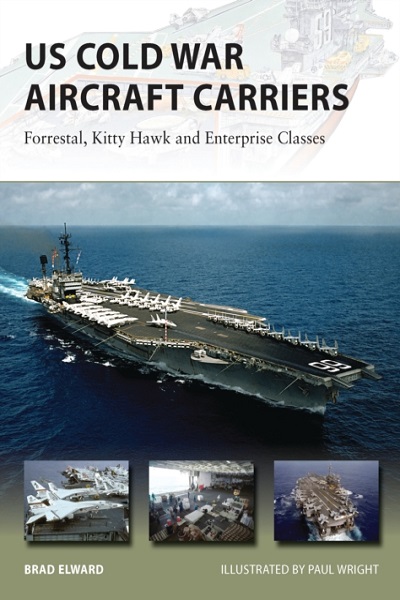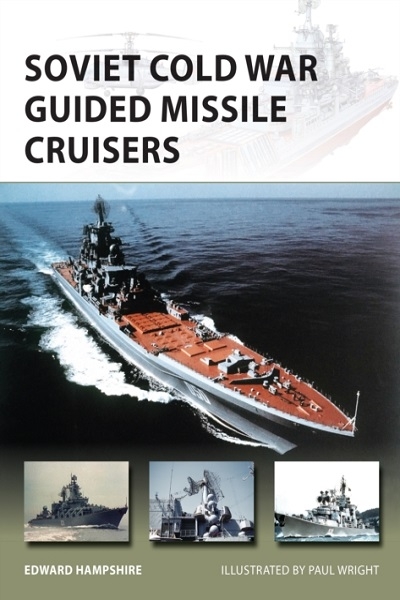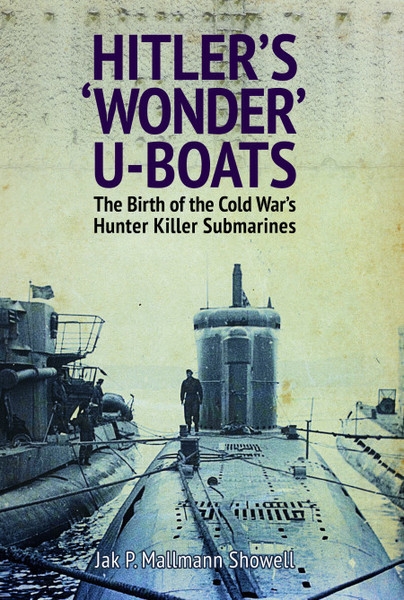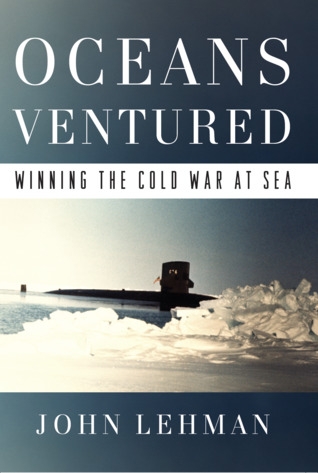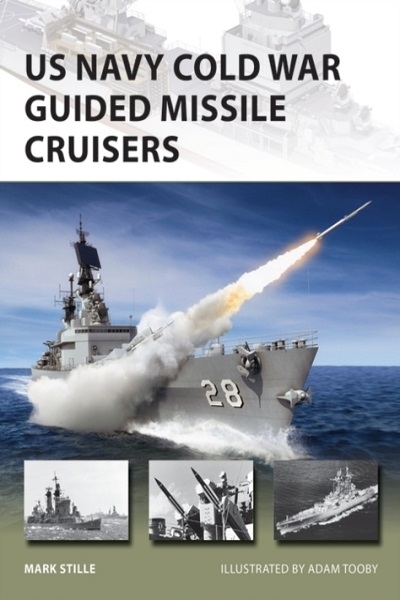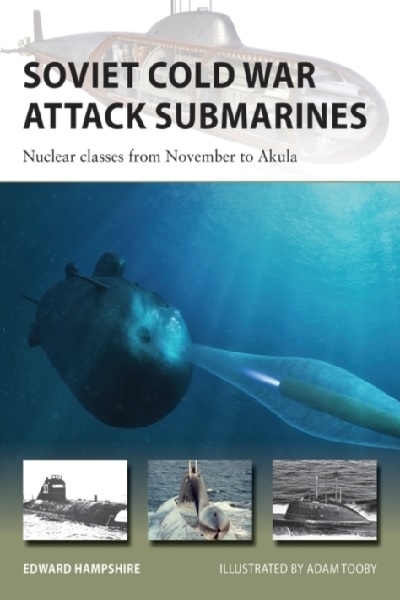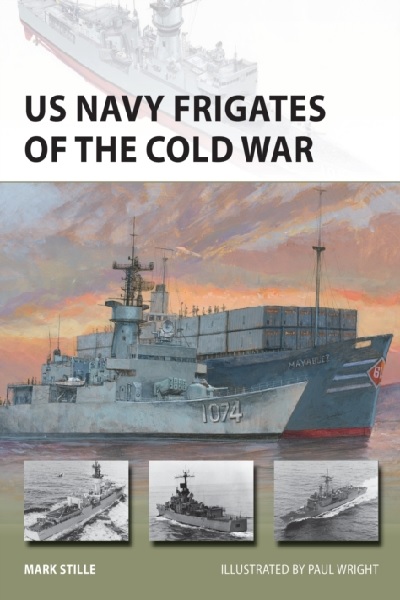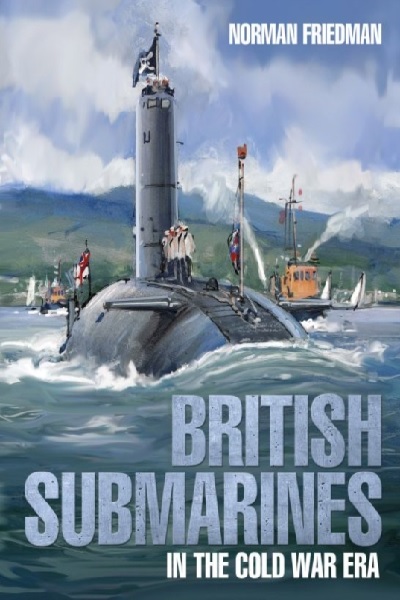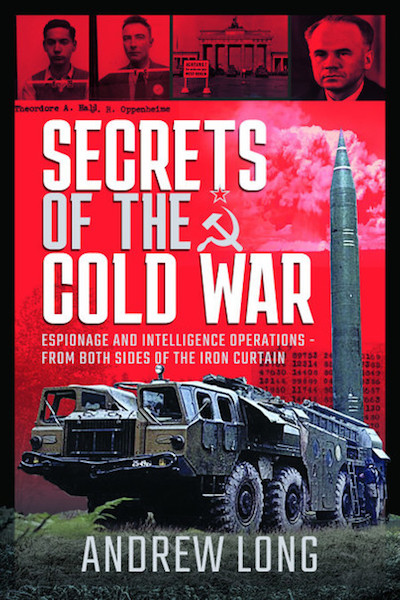During the period covered by this new book the Royal Navy faced some of its greatest challenges, both at sea confronting the increasingly capable and impressive Soviet Navy, and on shore when it faced policy crises that threatened the survival of much of the fleet. During this remarkable period, the Navy had rarely been so focussed on a single theatre of war – the Eastern Atlantic – but also rarely so politically vulnerable. The author sets out to analyse shadowing operations and confrontations at sea with Soviet ships and submarines; the Navy’s role in the enormous NATO and Warsaw Pact naval exercises that acted out potential war scenarios; individual operations from the Falklands and the 1990–91 Gulf War to the Beira and Armilla patrols; the development of advanced naval technologies to counter Soviet capabilities; policy-making controversies as the three services fought for resources – including the controversial 1981 Nott defence review; and what life was like in the Cold War navy for ratings and officers.
The book, the first to cover this subject in depth for more than thirty years, will make use of the full range of archival sources that have been publicly available over the last two decades, but of which little use has been made by historians. This work is destined to become a definitive naval history of the period, and also provide a fascinating and gripping narrative of a navy under threat from many directions but which survived and eventually prospered, winning a remarkable victory in the far South Atlantic more than 7,000 miles from its expected battleground in the North Atlantic. Elegantly written for a wide audience, it will be a very significant volume for professional and enthusiast alike.
ISBN: 9781399041225
Format: Hardback
Author(s): Edward Hampshire
First Publishment Date: 05 July 2024





